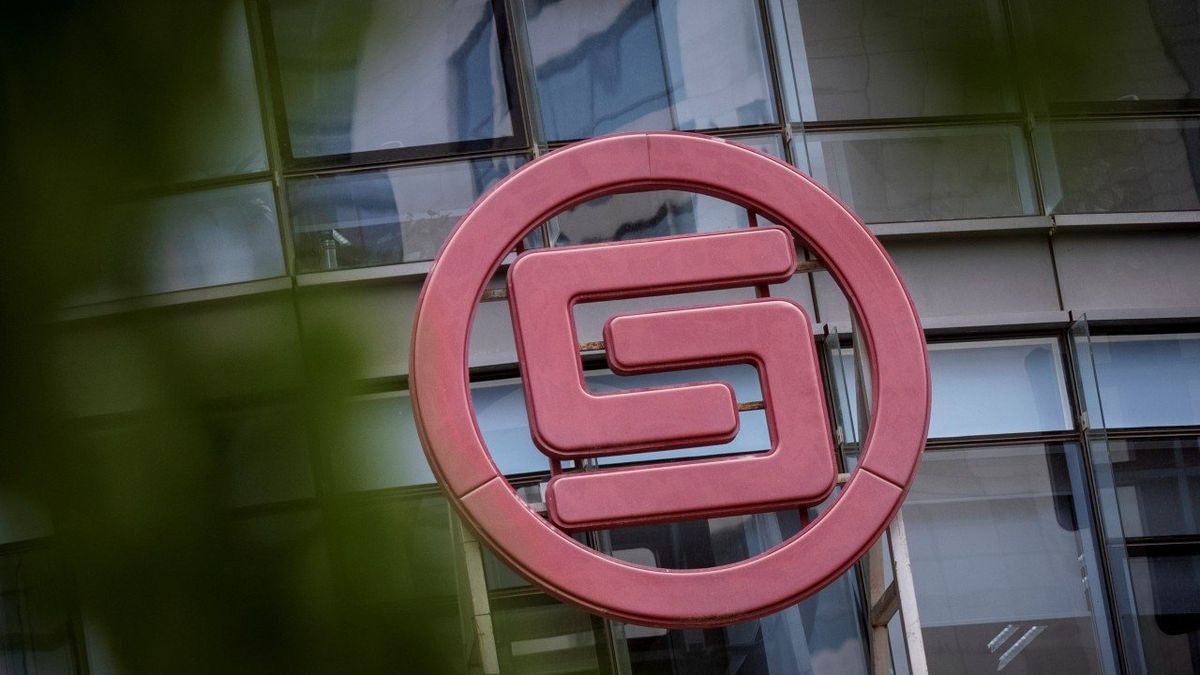Huarong’s mess may have seemed confusing. What went wrong?

A few minutes every morning is all you need.
Stay up to date on the world's Headlines and Human Stories. It's fun, it's factual, it's fluff-free.
Huarong, like many finance companies in China, is both a political entity and a business.
- China Huarong Asset Management Co. is a distressed asset management company that was established by the Chinese government in response to the 1997 Asian Financial crisis.
What is Huarong?
- A distressed asset management company is pretty much exactly what the name says. It is a company that manages assets that are distressed. In other words, they take on bad debts.
- Let’s say you get a loan from a bank to buy a house. Somewhere down the road, you lose your job and are unable to pay the loan. Well, companies like Huarong will pay off your debt to the bank by buying that debt from the bank at a discounted rate. Later on, you will have to pay Huarong back rather than the bank. Huarong stands to make a profit off the debt as long as it’s paid in full.
- This allows the banks to have more capital to provide more loans.
- Huarong, like many finance companies in China, is both a political entity and a business. See, Huarong is actually majority-owned by the country’s finance ministry meaning the government has a significant stake in the company’s future.
Does China need distressed asset managers?
- Until the 1970s, the People’s Bank of China was the only authority responsible for managing and overseeing the financial system.
- China started to have a massive economic boom and the country needed to make changes to meet with growing demands including establish several oversight committees such as securities, banking and insurance regulators.
- While the financial crisis didn’t have any significant effects on China, the crisis was a reminder that the government needed to resolve the issues of its enormous financial weaknesses, such as having too much bad debt tied to the country’s banks. The 2008 global financial crisis introduced similar problems for China including more unpaid or distressed loans.
- China continued to resolve their debt issues by having their distressed asset managers acquire the bad debt to relieve the pressures placed by the financial crisis.
But why is It unsustainable now?
- But this solution for paying off debt isn’t really a long-term solution. Regardless of whether or not distressed asset managers acquire the bad debt, the bad debt still exists and it still has to be paid.
- It’s like moving money from one pocket to the other and pretending it no longer exists.
- These companies are also heavily regulated by political watchdogs, but that doesn’t stop them from working outside of the government’s wishes.
- Huarong wasn’t closely monitored and was allowed to conduct risky business dealings outside of their original objective, which has led to massive debt for the company.
- This same lack in oversight has allowed companies such as Ant Financial to establish a massive influence over the Chinese financial sector.
So what’s next for China?
- China has seen massive growth and development from a business perspective and the country is challenging the US as the next global superpower.
- So think about this: what would you call the ”business capital” of the world? Wall Street, right? That’s where most of your largest stock brokers and exchanges are located.
- China is looking to become the next Wall Street. The world’s largest fund manager, BlackRock, has spoken positively in regards to China’s future as an exchange.
- In order for that to open, China needs to clean up the mess that is their current financial sector.
- The country’s financial rules and regulations are loosely tied together and the country is looking to fix a lot of these problems as it aims to usurp the US as the global superpower.
Have a tip or story? Get in touch with our reporters at tips@themilsource.com




Comments ()